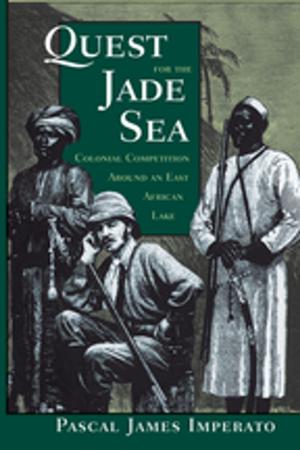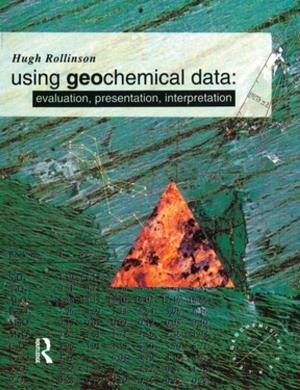The Modern Landscapes of Ted Smyth
Landscape Modernism in the Asia-Pacific
Nonfiction, Art & Architecture, Architecture, Landscape| Author: | Rod Barnett, Jacqueline Margetts | ISBN: | 9781317563655 |
| Publisher: | Taylor and Francis | Publication: | January 6, 2017 |
| Imprint: | Routledge | Language: | English |
| Author: | Rod Barnett, Jacqueline Margetts |
| ISBN: | 9781317563655 |
| Publisher: | Taylor and Francis |
| Publication: | January 6, 2017 |
| Imprint: | Routledge |
| Language: | English |
The modern period in landscape architecture is enjoying the fascinated appreciation of scholars and historians in Europe and the Americas, and new themes, new subjects and new appraisals are appearing. This book contributes to the conversation by focusing on the work of a singular designer who spent his entire career in a province of the North Island of New Zealand. Ted Smyth practiced an assured landscape modernism without ever seeing the designs of his forebears or his contemporaries working in the UK, Europe and the United States. Designing in isolation from the mainstream of modernism, and a little after its high tide, Smyth produced a series of gardens that provoke a revaluation of the diffusionist model of influence.
The book explains and describes the evolution of Smyth’s design vocabulary and relates it to the development of tropical landscape modernism in other Asia-Pacific sites. It shows how a culture of garden modernism can be generated from within a particular locale, and highlights Smyth’s engagement with Māori design traditions in search of a specific expression of the high modern essentialism of place.
The modern period in landscape architecture is enjoying the fascinated appreciation of scholars and historians in Europe and the Americas, and new themes, new subjects and new appraisals are appearing. This book contributes to the conversation by focusing on the work of a singular designer who spent his entire career in a province of the North Island of New Zealand. Ted Smyth practiced an assured landscape modernism without ever seeing the designs of his forebears or his contemporaries working in the UK, Europe and the United States. Designing in isolation from the mainstream of modernism, and a little after its high tide, Smyth produced a series of gardens that provoke a revaluation of the diffusionist model of influence.
The book explains and describes the evolution of Smyth’s design vocabulary and relates it to the development of tropical landscape modernism in other Asia-Pacific sites. It shows how a culture of garden modernism can be generated from within a particular locale, and highlights Smyth’s engagement with Māori design traditions in search of a specific expression of the high modern essentialism of place.















